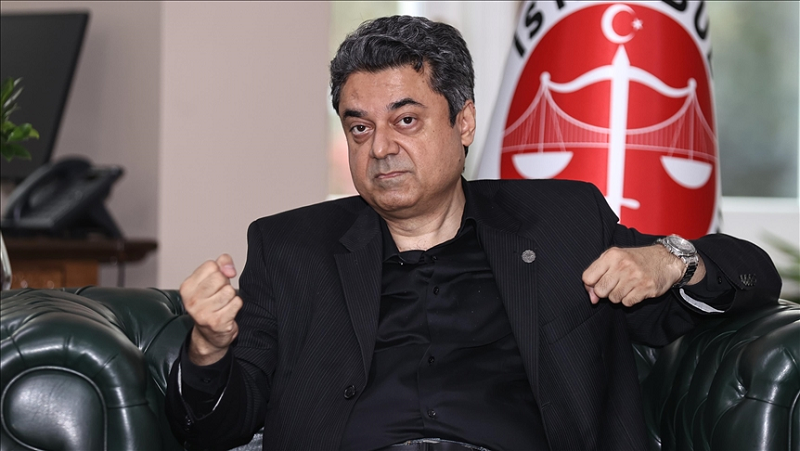
Federal Minister for Law and Justice Farogh Naseem has said that under the new anti-rape laws, women’s character will not be relevant during the investigation and the entire focus will be on the merit of the case.
Addressing the 6th National Judicial Conference of Federal Service Tribunal on Saturday, the law minister said the anti-rape laws introduced by the ministry were being praised by the United States and the United Kingdom, adding that the government was going to roll out reforms to the criminal laws for a fair justice system in the country.
“We did not reinvent the wheel but with the help of experts adjusted [rape laws] as per our own setting,” he added.
Explaining the purpose of new laws, the minister said usually women’s character becomes central in the rape case probe instead of the facts and merit of the case.
He added that under the new legislation, women’s character will no longer be relevant in the rape probe. “[People] start cross-questioning women’s character whenever they accuse someone of rape,” he added.
To make the process of investigation more efficient and transparent, he said, the concept of a joint investigation team (JIT) was being introduced to probe rape cases.
He said low level police officials “spoil” the investigation process, adding that from now on, officials from other departments including Pakistan Administrative Services (PAS) will also be made part of the investigation team.
Earlier in December 2020, President Dr Arif Alvi approved the government's "stringent" and "holistic" Anti-Rape (Investigation and Trial) Ordinance, 2020, to help expedite cases of sexual abuse against women and children.
Under this ordinance, special courts will be set up across the country to expedite trials and cases of rape at the earliest. The courts will deal with rape cases within four months.
Moreover, the ordinance maintained that the prime minister will look over the establishment of anti-rape crisis cells authorised to conduct medico-legal examinations within six hours of the incident.
The ordinance also included the establishment of a sex offenders' registry at the national level with the help of the National Database and Registration Authority (NADRA). It also prohibited the identification of rape victims and made it a punishable offence.
According to a statement issued by the law ministry, the Anti-Rape (Investigation and Trial) Ordinance, 2020 and the Criminal Law (Amendment) Ordinance, 2020 introduced the concept of chemical castration mainly as a “form of rehabilitation”.
“The two-state of the art pieces of legislation are in line with the constitutional guarantees of Pakistan, as also the international treaties,” it read.
These laws provide mechanisms to curb sexual abuse crimes against women and children.
(WITH INPUT FROM APP)

1724668524-0/Untitled-design-(5)1724668524-0-405x300.webp)







1732011525-0/Express-Tribune-(8)1732011525-0-270x192.webp)











COMMENTS
Comments are moderated and generally will be posted if they are on-topic and not abusive.
For more information, please see our Comments FAQ